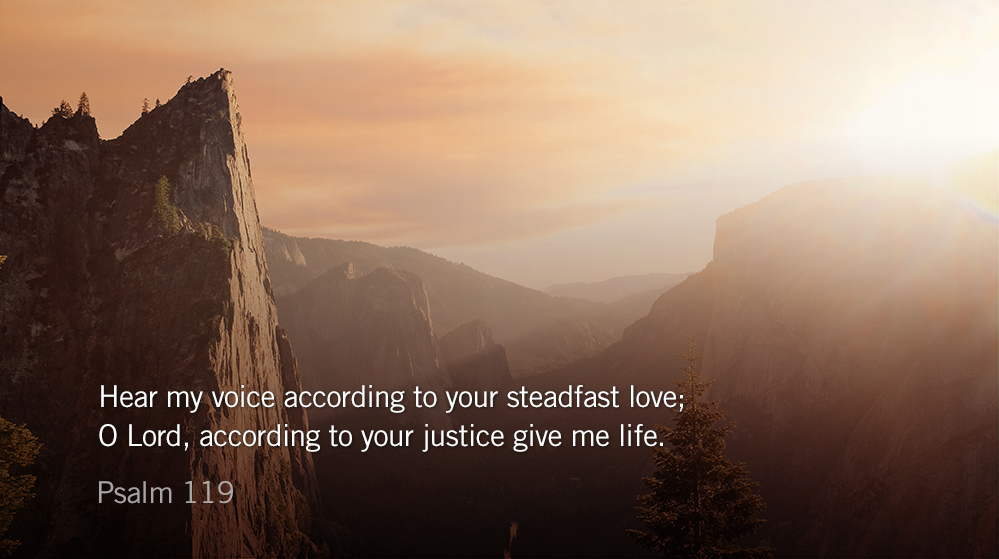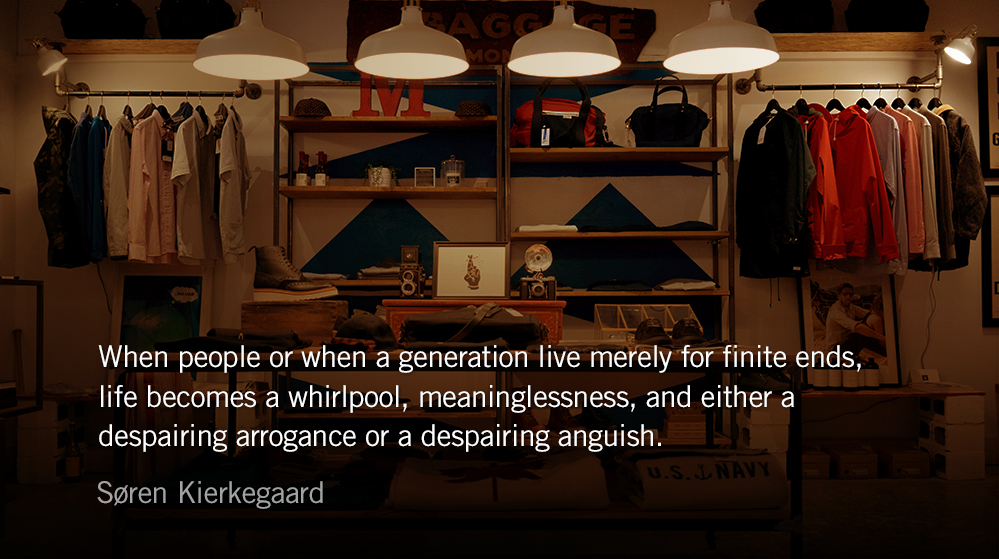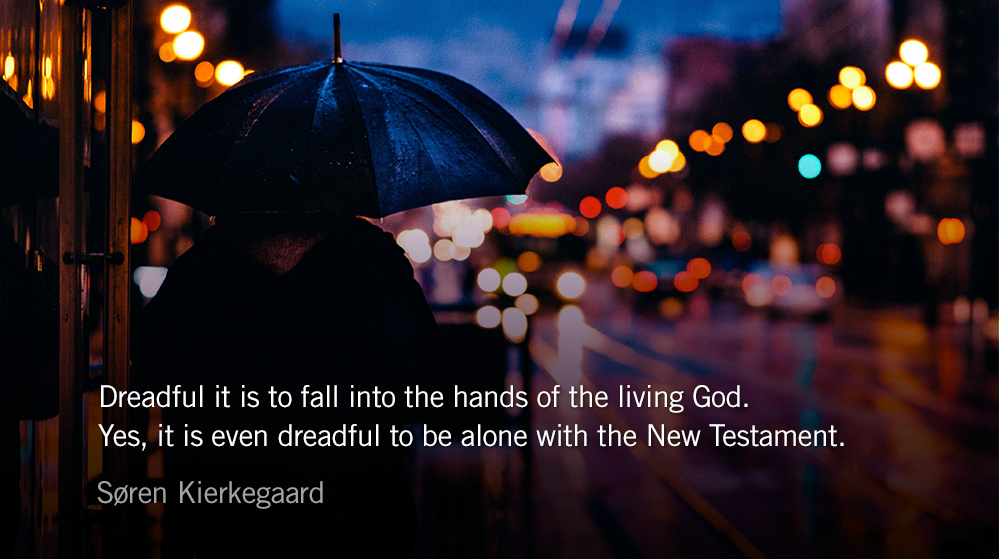The sum of your word is truth, and every one of your righteous rules endures forever. — Psalm 119.60
It is tempting when we read, in an English Bible, “the sum of your word” to picture a mathematical or financial metaphor. But the Hebrew word for sum—rosh—is more often translated with the English word beginning. To be fair, Bible translation is as much art as it is linguistics. Yet the significance of this word was not lost on ancient readers.
The psalmist, who wants his message to culminate with “every one of your righteous rules endures forever,” starts with, “the beginning of your word is truth.” The Babylonian Talmud observes:
The beginning but not the end? But [by] what comes at the end of your word—the truth of the beginning of your word is understood.
Could this be what Jesus was thinking of when Luke records:
[Jesus] said to them, “O foolish ones, and slow of heart to believe all that the prophets have spoken! Was it not necessary that the Christ should suffer these things and enter into his glory?” And beginning with Moses and all the Prophets, he interpreted to them in all the Scriptures the things concerning himself.
The beginning is understood through the end.
If Christianity were merely about the imitation of Christ, the Hebrew Scriptures would have no meaning. Yet the heart of the Christian faith flows from relationship with Christ—and building intimacy begins in the words Jesus say introduce the divine to the world.
Spiritual maturity grows the immature curiosity of, “what would Jesus do?” to, “how will Christ live through what I choose to do?” This question presupposes freedom in Christ and demands intimacy to answer. And so the Psalmist cries:
I rise before dawn and cry for help; I hope in your words. My eyes are awake before the watches of the night, that I may meditate on your promise. Hear my voice according to your steadfast love; O Lord, according to your justice give me life.
Here lies the Psalmist’s hope that, “everyone of your righteous rules endures forever.” The Talmud remarks:
Wherever the language, ‘command,’ is used, the sole purpose is to encourage obedience both at that time and for all generations.
The joy for God’s word expressed in Psalm 119 is found in the Psalmist’s faith in God’s goodness as expressed in his word. He is no longer cynical to commands because he has tasted the righteousness of God.
*For Talmud references, see b. Qidd. 1:7, II.9.B and 1:7, I.3.J.
Today’s Reading
Hosea 5-6 (Listen – 3:44)
Psalms 119.145-176 (Listen – 15:14)






